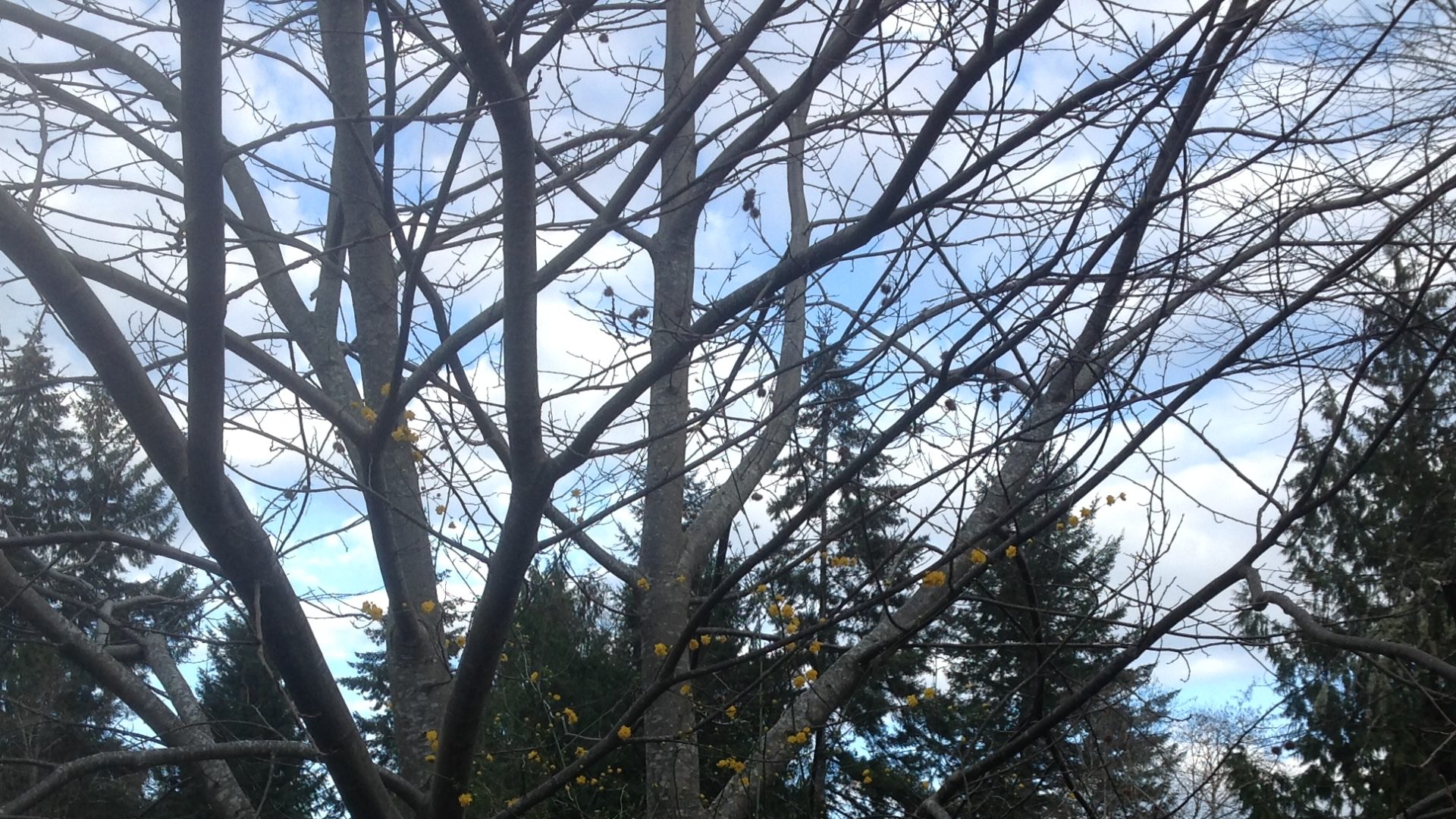Climate change has been a focus of many debates, some panic, and a lot of misinformation in my lifetime. Things have been coming to a head lately, as climate seems to be at least partly behind many extinctions and local ecosystem failures. And the world seems to be no closer to any agreement on things related to climate change, including and importantly, the sharing of resources as diverse as raw materials, training/education and energy sources.
I read a lot of the BBC articles that are posted on their website. Here is one from last weekend: ‘Scary’ Climate Message from Past
And here is one from Monday, What Happened to Global Warming?
In the interests of full disclosure, I do believe BOTH that climate change in the last 200 years is accelerated by human industrial and agricultural activity AND that our world experiences wide-ranging cycles in temperature, rainfall and sunlight. I don’t see the cyclical nature as being incompatible with the concern over “global warming” — certainly the “average” temperature fluctuates, as does the temperature daily.
The main issue, as I see it, is whether the range of temperatures in any given area remain close to historic normal ranges. If the average temperature in August where I live is 65, then it is important to me if that average is reached with highs of 70 and lows of 60 or if it is reached with highs of 80 and lows of 50. Or more extreme. And the same with the average annual temperature…
It is also important to consider when the rain falls – and the water retention that is available. Where I live, year-round water has been abundant for thousands of years, with many aquifers fed by slow snowmelt (some from glaciers) after rain in the winter was stored in the mountain snow pack. With warmer, drier winters and longer spring rains, that snow pack melts more and earlier than normal. Which means our rivers (formerly abundantly filled with salmon) run low earlier in the year, and for longer. It also affects the farmers on the other side of the mountains, who rely on the rivers for irrigation during their long dry season.
Finally, as a person who struggles with mood and energy during the traditional long gray “rainy” season, I admit that a few days of sunshine in the middle of December and January and February always lift my spirits. I get more done, and have more energy for fun things after. However, the sunlight means less rain and has the effect of confusing plants that are adapted to a long, dark season. We have lost a few plants to this, and over time more will fail.
Climate change will have different effects in different parts of the world. I am not a climatologist, I am a gardener, a mother, a person who wants to see humanity as a whole prosper in a beautiful, abundant world.
Right now, I continue to be worried. And I continue to be hopeful that our species’ adaptability and intelligence will allow us to find ways to help the world prosper along with us.

